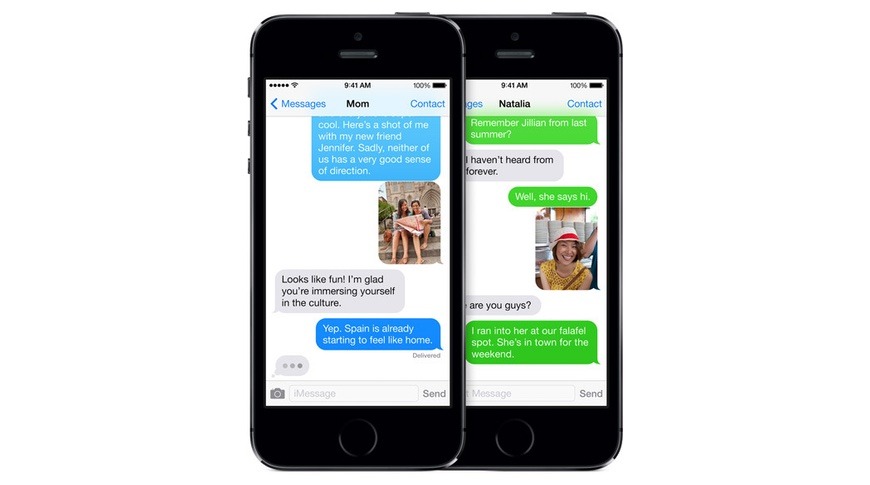The Trump administration are looking into the possibility of banning encryption techniques that cannot be broken by law enforcement, a proposal that would weaken encryption as a whole for users and businesses, and could make messaging clients like Apple's iMessage stop using end-to-end encryption.
The issues law enforcement agencies have in gaining access to evidence stored on encrypted devices or services has led to a long-running debate between governments, officials of security organizations, and tech companies over the effectiveness of encryption. While the former wants to weaken it, the latter, including Apple, are fighting to keep it strong.
Now, the Trump administration seems to be wading into the fight.
Senior White House officials are said to have attended a National Security Council meeting on Wednesday, discussing the possibility of asking Congress to outlaw end-to-end encryption, three people familiar with the matter told Politico. The second-in-command officials from "several key agencies" were also reportedly in attendance at the discussion, most likely alluding to the security agencies like the FBI, CIA, and others.
"The two paths were to either put out a statement or a general position on encryption, and [say] that they would continue to work on a solution, or to ask Congress for legislation," one source claimed, but a decision was not reached during the meeting.
A request to Congress to introduce laws banning encryption will face stiff opposition from tech companies and their customers, as it would effectively force Apple, Google, Facebook, and other service providers relying on end-to-end encryption to use weaker security. For consumers, this could make the services less trustworthy.
For lawmakers, banning end-to-end encryption would simplify the process of acquiring data from within encrypted communications, but critics maintain this has a cost. The same backdoors and weakpoints could be exploited by hackers and agencies from foreign governments, enabling the ability to spy on US citizens, while at the same time criminals and terrorists may simply ignore the law and use their own protected systems.
Of the agencies, it is believed the FBI and the Department of Justice are in favor of weaker security, for the catching of criminals and terrorists, even if this introduces risks. The Commerce and State Departments are against weakening, due to the economic and diplomatic consequences of introducing backdoors.
The Department of Homeland Security is split in its loyalties, with ICE and the Secret Service stumbling into problems with encrypted communications, while the Cybersecurity and Infrastructure Security Agency is keenly aware of how important encryption of sensitive data can be.
Law enforcement officials have repeatedly suggested there are ways to allow law enforcement to gain access to data backdoors without exposing customer data to risk, in an effort to fix the so-called "going dark" problem. There has even been the suggestion from the UK's GCHQ to create backdoors similar to the Group FaceTime bug from earlier in 2019, that could allow agencies to become a silent extra participant in a call, allowing it to be encrypted between all parties, but still enabling the ability to listen in or surveil the communications.
Tech companies continue to fight governments by urging to maintain strong encryption and to avoid going down the route of weakening security.
One submission from Apple to an Australian parliamentary joint committee in 2018 warned the company supported strong encryption due to the threats prying for personal data "only grow more serious and sophisticated over time."
 Malcolm Owen
Malcolm Owen








 Bon Adamson
Bon Adamson
 Marko Zivkovic
Marko Zivkovic
 Wesley Hilliard
Wesley Hilliard
 Amber Neely
Amber Neely


 William Gallagher
William Gallagher





-m.jpg)


